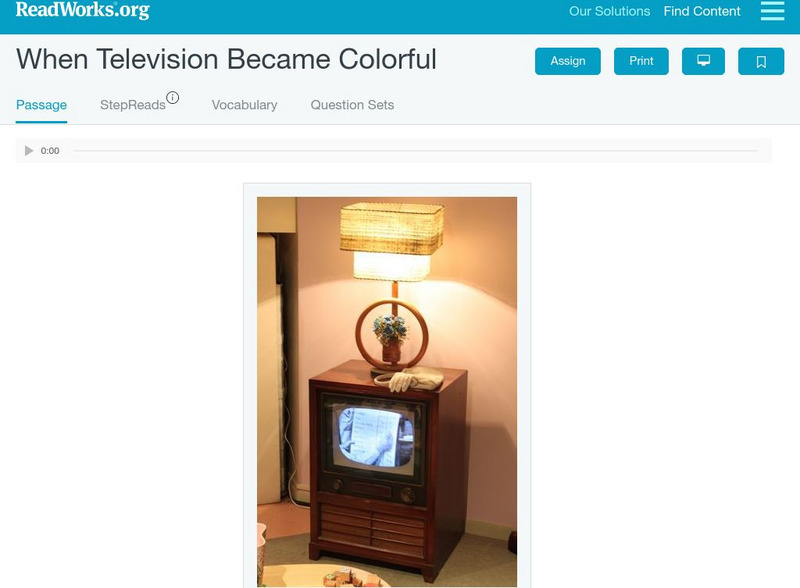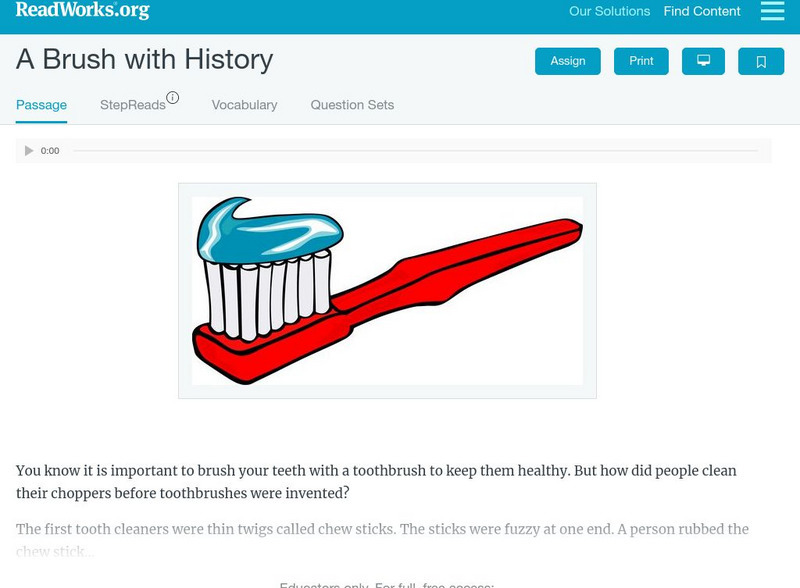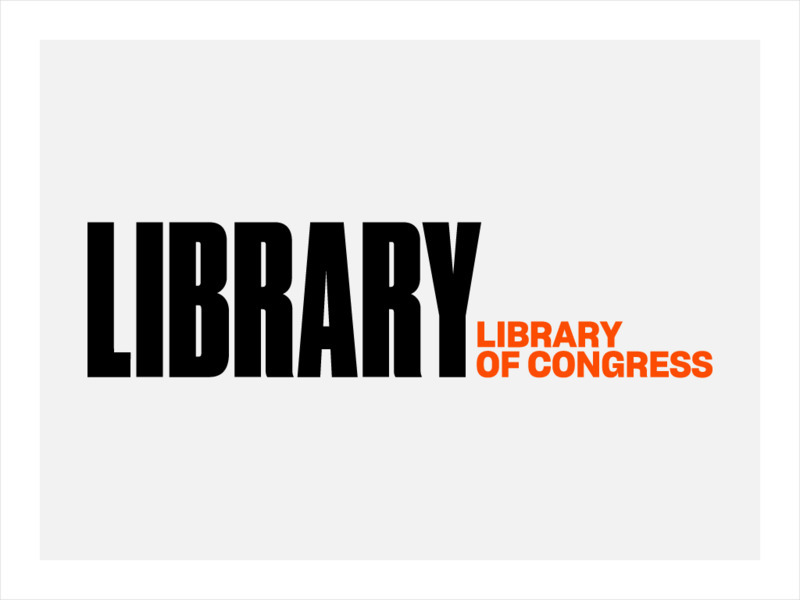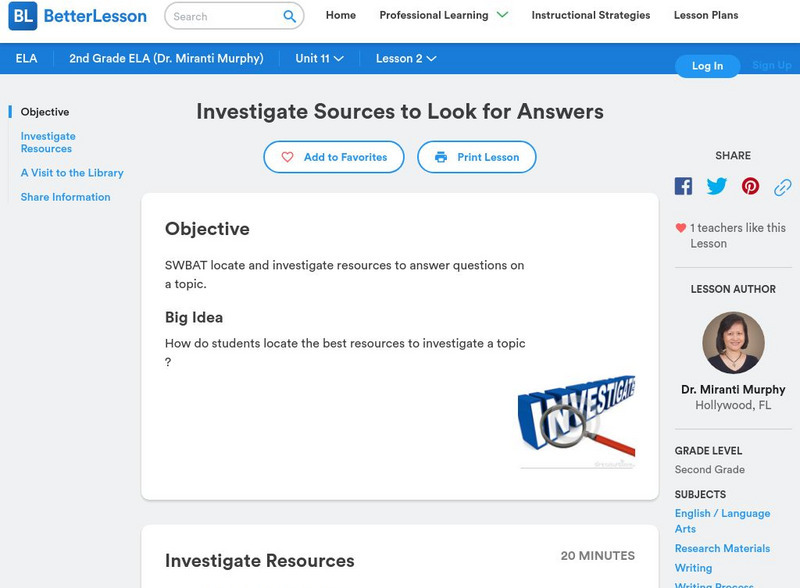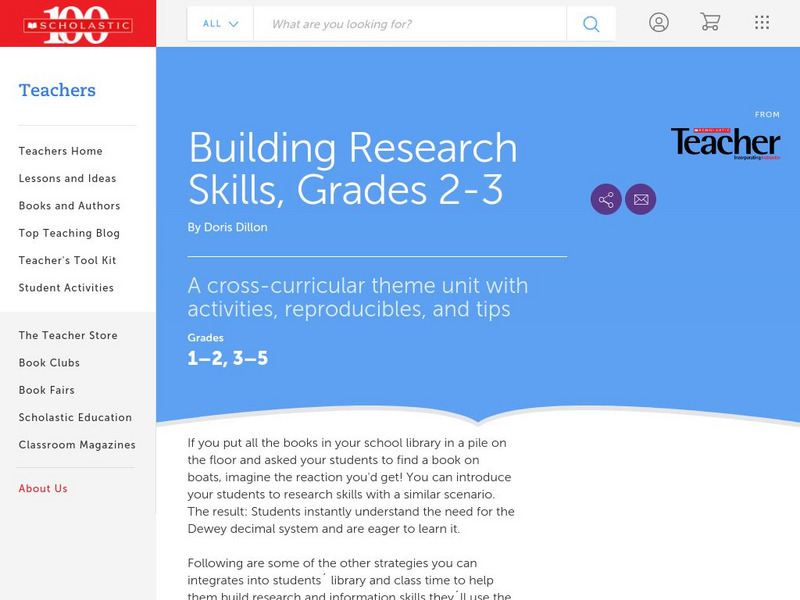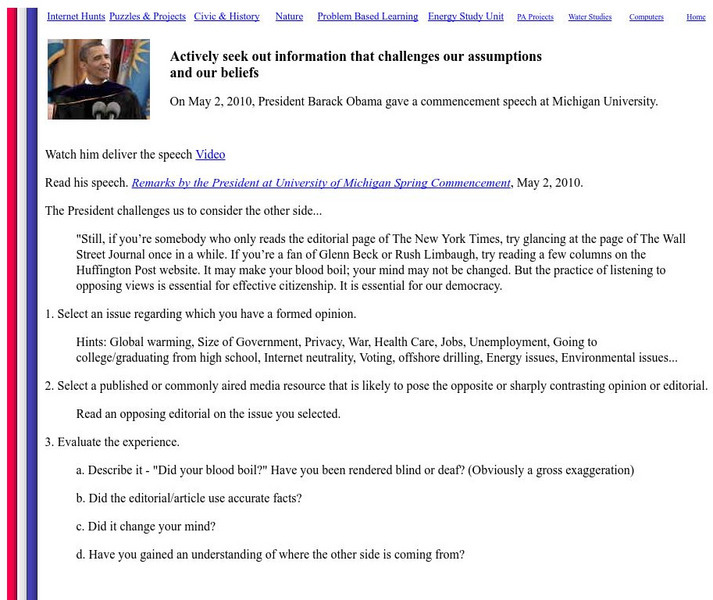Curated OER
What's Important to You?
What are the most important things to your second graders? Learners read the poem "There Isn't Time" as inspiration to list things that are important to them. They list five things they would like to do in order of priority. Then,...
Curated OER
Presenting Information
How do you make a pizza? Scholars examine a recipe for one of their favorite dishes. After reading the eight steps, they must re-write the steps in order. Although this offers great printing practice, younger writers may find the narrow...
Curated OER
Growing Minds: My Plate
Examine food choices and the nutritional properties of food groups with this visually appealing whole-class lesson plan. This will take a bit of preparation, but once you do it, you can use the materials for years. Using a food groups...
Curated OER
Beef or Dairy?
Guernsey, Jersey, Holstein. Brangus, Charoloais, Herford. Here’s a truly cross-curricular resource that combines language arts, science, math, and visual arts activities as class members learn to distinguish between beef and dairy...
Curated OER
This Little Pig
First graders study basic information about swine. They write and identify vocabulary words relating to the subject. They write a recipe for "Pigs in a Blanket," using canned crescent rolls and small sausages. They trade recipes and...
Common Sense Media
ABC Searching
Learners explore English by completing an interactive computer activity. In this alphabet lesson, students research the Internet to create a picture dictionary which they share with classmates. Learners locate digital images of words...
Curated OER
Lesson 3: Encyclopedias
After being introduced to non-fiction texts, second graders meet a different type of non-fiction text that can help them locate factual information. They discuss and examine all of the features found in typical encyclopedias such as,...
Curated OER
Agriculture in Motion
Youngsters learn about simple machines that could be used on a farm. They learn about agricluture, listen to a farmer speak, compare and contrast different farm machines, and then design their own. Note that although the publisher...
Curated OER
Agriculture is a Cycle
What do a bicycle and the life cycle have in common? Cover this and more with the series of cross-curricular activities included in this plan. Learners do everything from making bracelets that represent the life cycle to checking out the...
Library of Congress
Loc: Teachers: Personal Stories and Primary Sources
Young scholars will explore the value of personal stories and first-hand accounts when exploring history, in this case, the events of the early twentieth century, which included World War I and the Great Depression. Through this...
abcteach
Abcteach: Biography Research Form [Pdf]
Good printable worksheet that helps learners complete biographical research.
Read Works
Read Works: Passages: Grade 2: When Television Became Colorful
[Free Registration/Login Required] Students read a non-fiction article about colored television and answer questions in comprehension, sequencing, inferences, main idea, transitions, and more.
Read Works
Read Works: Passages: Grade 2: A Brush With History
[Free Registration/Login Required] Students read a non-fiction article about the history of a toothbrush and answer questions in comprehension, sequencing, inferences, main idea, transitions, and more. A link to paired text questions is...
Library of Congress
Loc: History Firsthand: Primary Source Research
History Firsthand has been designed to provide elementary children with experiences which enable them to begin understanding primary sources. Students move from personal artifacts to the vast American Memory collections and learn how...
Beacon Learning Center
Beacon Learning Center: Bibliography Blunders
This tutorial focuses on how to complete a bibliography using MLA style. It gives specific directions and examples for various types of entries such as magazines, books, encyclopedias, and web pages. It also gives specifics for the...
CPALMS
Cpalms: Browse and Search Resources
This site shares a collection of expert and peer-vetted teacher resources that are searchable for teachers and students. Searching can be achieved via a subject, grade, audience, and/or type. Curricula standards for the following subjets...
NBC
Nbc Learn
NBC Learn, the educational arm of NBC News, is dedicated to making historic stories, images, and primary source documents available on-demand to teachers, students, and parents.
Better Lesson
Better Lesson: Writing an Opinion Based on Facts From a Text
Students will plan a paragraph that states their opinion and cites evidence to justify their opinion about an informational text. This lesson uses biographies since students can easily be able to write down factual information from the...
Better Lesson
Better Lesson: Investigate Sources to Look for Answers
Students will practice locating and investigating resources to answer questions on a topic using the FINDS research process. FINDS is an acronym describing its five-step research process: Focus, Investigate, Note, Develop, and Score. A...
CPALMS
Cpalms: Home Is Where the Heart Is: Researching Habitats
[Free Registration/Login Required] In this lesson plan, students will learn about different types of habitats as they gather information based on provided research questions. Students will summarize the information from their research in...
Scholastic
Scholastic Instructor: Building Research Skills 2 3
Check out this site to learn more about building research skills for grades 2-3. This site offers suggestions for activities that will sharpen your abilities.
Cynthia J. O'Hora
Mrs. O's House: Actively Seek Out Information That Challenges Our Beliefs
Based upon a speech delivered by President Barack Obama, this activity encourages students to check out the "flip side" of issues before making up your mind.
Text Project
Text Project: Fyi for Kids: Vol. 1, Issue 3: Posters Over Time [Pdf]
This magazine article explains how posters were used years ago for news and how they are used today for advertising.
Polk Brothers Foundation Center for Urban Education at DePaul University
De Paul University: Center for Urban Education: I Can Locate and Classify Information [Pdf]
A blank T-Chart is provided for students to use as they sort facts into two categories. Students will classify science information with this aid.






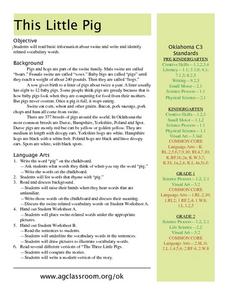





![Abcteach: Biography Research Form [Pdf] Unknown Type Abcteach: Biography Research Form [Pdf] Unknown Type](https://d15y2dacu3jp90.cloudfront.net/images/attachment_defaults/resource/large/FPO-knovation.png)
